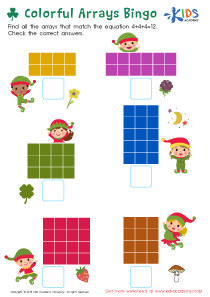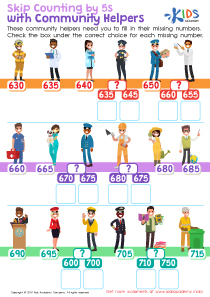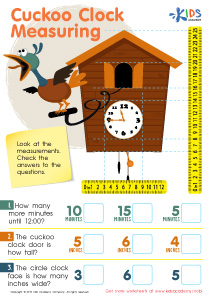Mental math practice Grade 2 Math Worksheets
7 filtered results
-
From - To
Enhance your child’s arithmetic skills with our engaging Mental Math Practice Grade 2 Math Worksheets. These carefully designed worksheets offer a fun and effective way for second graders to improve their mental addition, subtraction, multiplication, and division abilities. Packed with a variety of exercises, these resources help build strong number sense and problem-solving skills. Ideal for classroom or at-home practice, our worksheets make math enjoyable and accessible for young learners, ensuring a solid mathematical foundation for future success. Explore our extensive collection today and watch your child’s confidence and mastery in mental math grow!
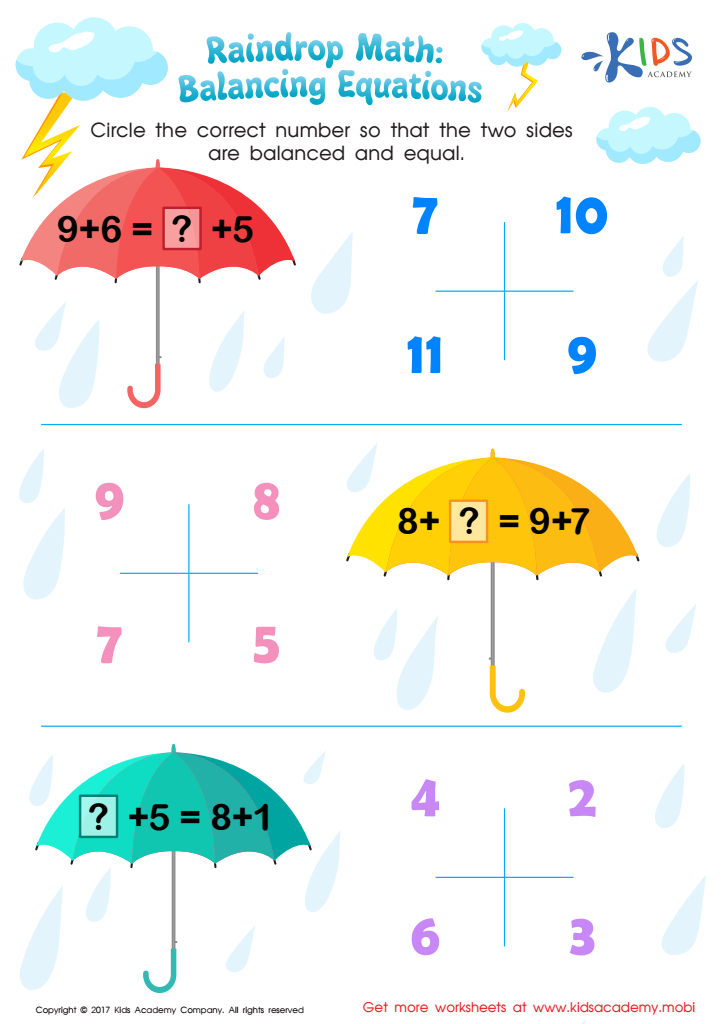

Raindrop Math Printable
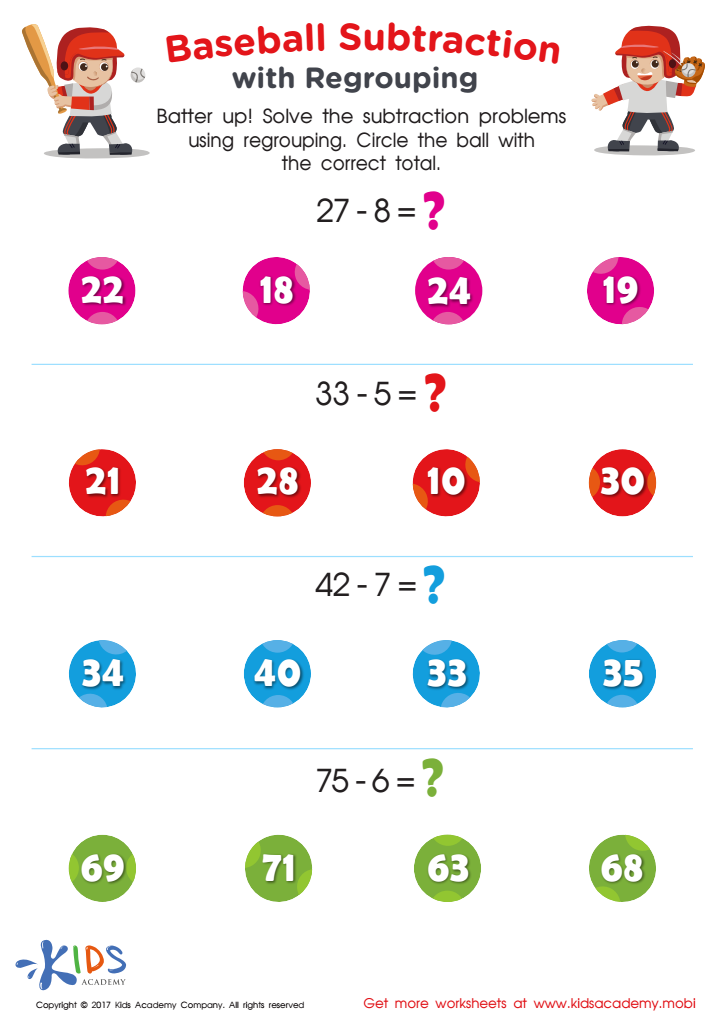

Subtraction With Regrouping for 2nd Grade Worksheet
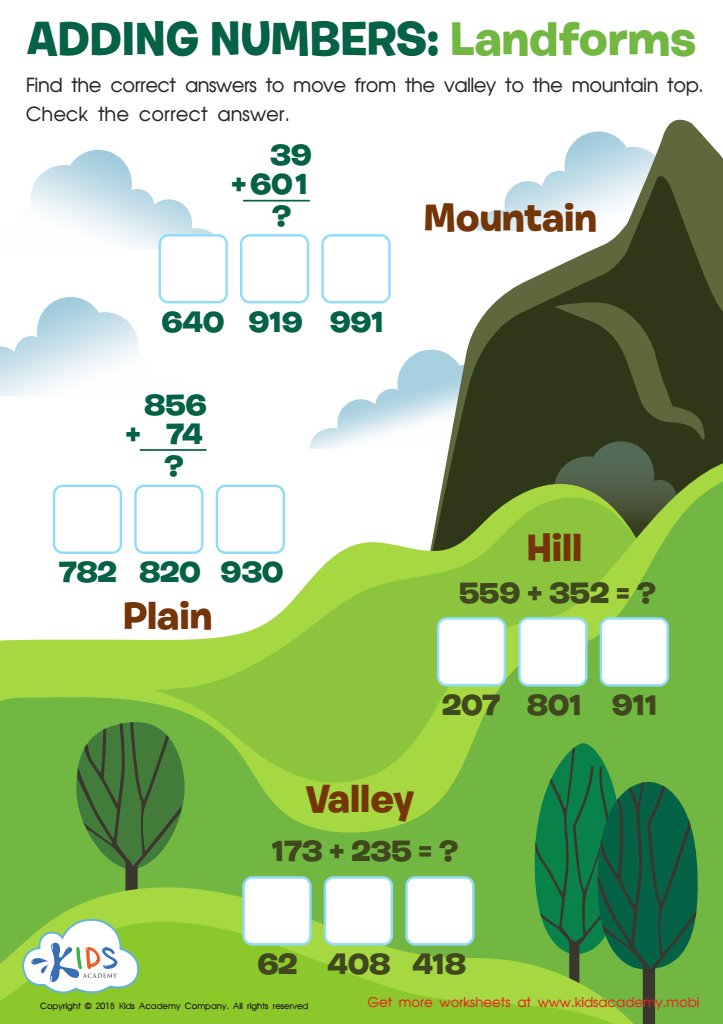

Adding Numbers: Landforms Worksheet
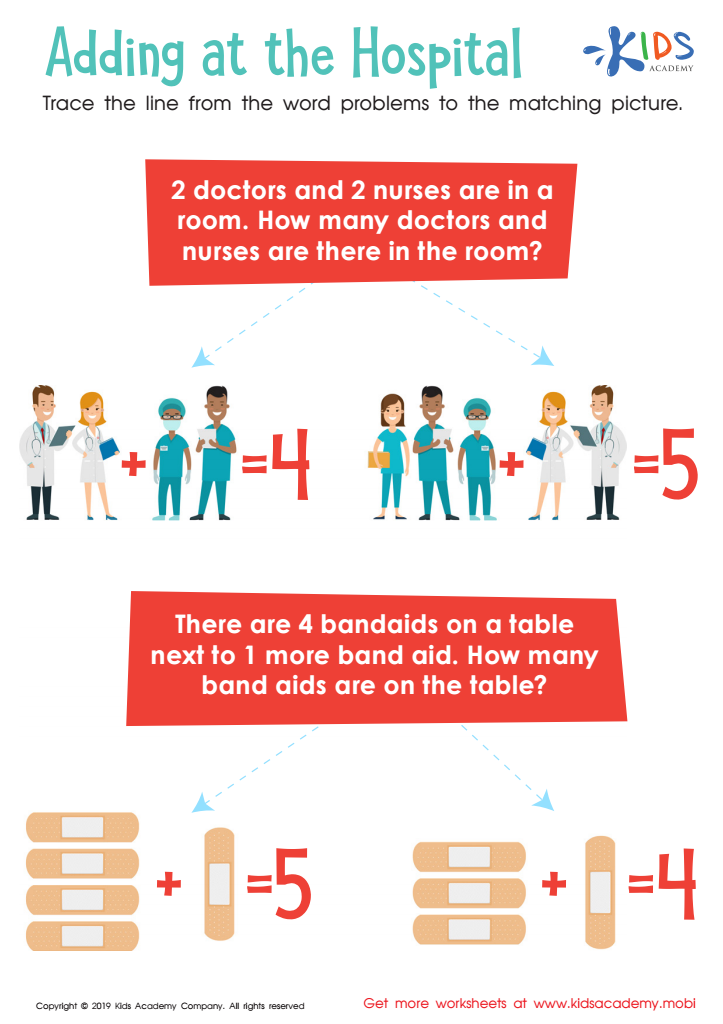

Adding at the Hospital Worksheet


Tricky Problems Worksheet: Part 2
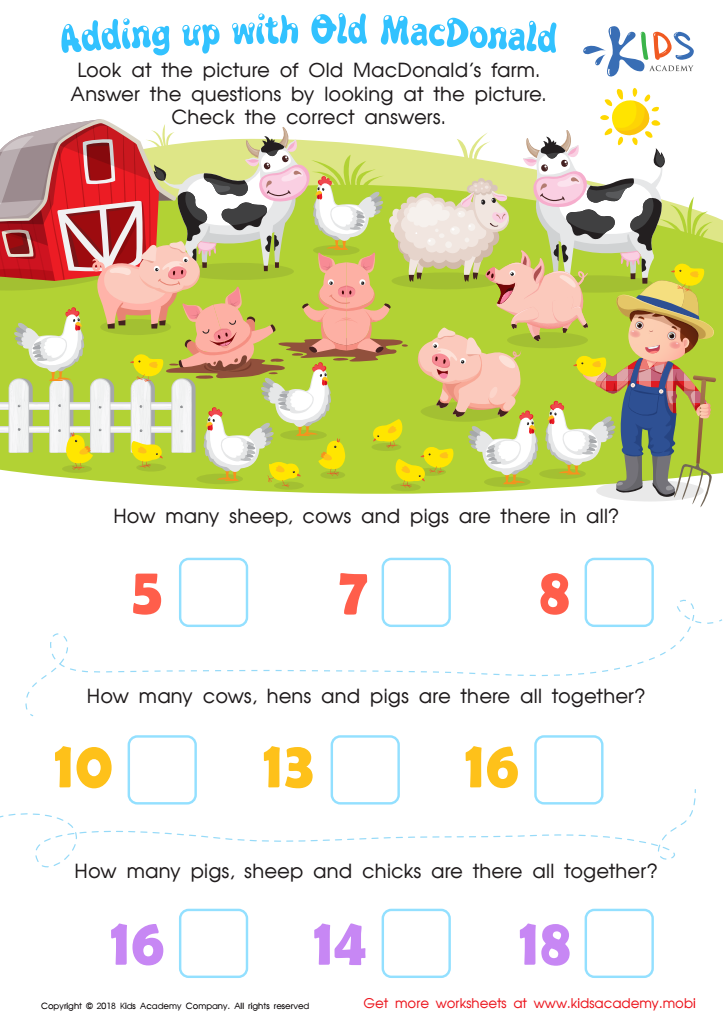

Adding Up with Old MacDonald Worksheet
Mental math practice in Grade 2 holds significant importance for young learners. Engaging regularly in mental arithmetic activities equips students with foundational skills critical for their academic journey. When children practice mental math, they develop number sense, which is the ability to understand, relate, and connect numbers. This foundational skill helps them visualize mathematical concepts and foster a deeper comprehension that goes beyond rote memorization.
Moreover, mental math enhances cognitive abilities such as memory, concentration, and logical thinking. As students solve problems mentally, they learn to process information quickly and efficiently. This cognitive boost extends beyond math, influencing their overall academic performance and problem-solving skills in daily life.
Mental math also promotes confidence and a positive attitude toward math. By mastering quick calculations, students experience a sense of accomplishment and reduced math anxiety. They are more likely to participate actively in class, approach math problems with enthusiasm, and develop a growth mindset.
For parents and teachers, encouraging mental math practice can be a joyful and interactive way to support children’s learning. Activities and games centered around mental calculations can turn math into a fun, everyday experience. Thus, investing time in mental math practice sets the stage for lifelong learning and success in mathematics for Grade 2 students.
 Assign to My Students
Assign to My Students









